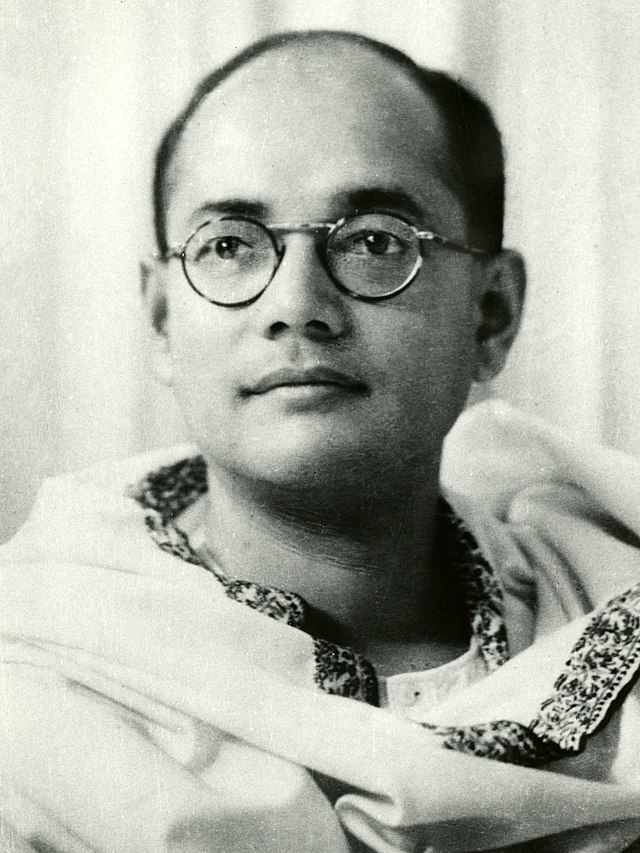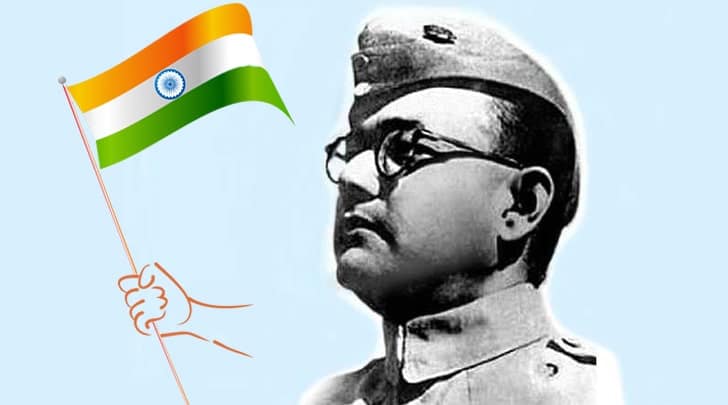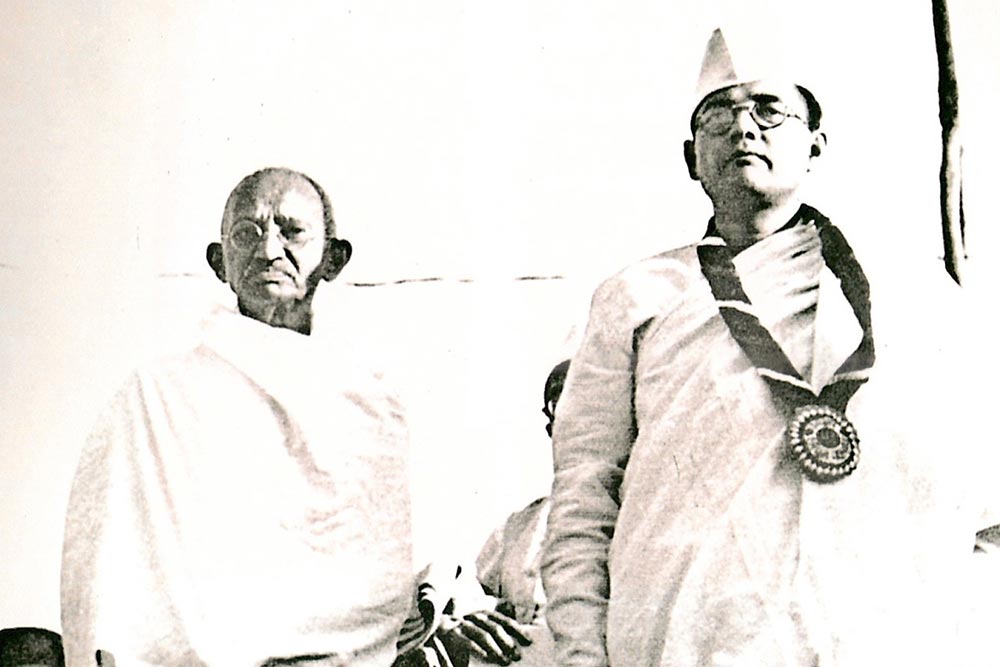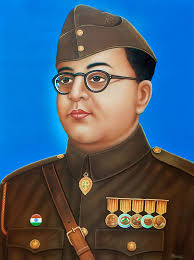Subhas Chandra Bose was an Indian nationalist and political leader who played a key role in the Indian independence movement against British rule. He was born in Cuttack, Orissa, in 1897, and went on to become a prominent figure in the Indian National Congress party, advocating for complete independence from British rule.
RELATED: Who is Anjali Tendulkar? All About Sachin Tendulkar’s Wife
Bose is best known for his formation of the Indian National Army (INA) during World War II, which fought alongside Japanese and German forces against the British in India. His wartime alliances with these Axis powers, as well as his authoritarianism and anti-Semitic views, have made his legacy controversial. Despite this, Bose remains an iconic figure in Indian history, revered for his bravery and his efforts to liberate India from colonial rule.
Table of Contents
Profile Summary
| Date of Birth | January 23, 1897 |
| Date of Death | August 18, 1945, Taipei City Hospital Heping Branch, Taipei, Taiwan |
| Place of Birth | India |
| Country | India |
| Profession | Politician |
| Horoscope | Aquarius |
Who was Subhas Chandra Bose?
Subhas Chandra Bose was an Indian nationalist leader who lived from 1897 to 1945. He was one of the most prominent figures in the Indian independence movement against British rule. Bose was born in Cuttack, Odisha, and was educated in Calcutta and England. He joined the Indian National Congress in 1921 but eventually became disillusioned with the party’s moderate approach to seeking independence from British rule.

Early life and political activity
Bose, the son of a wealthy and prominent Bengali lawyer, attended Presidency College in Calcutta (Kolkata), where he was expelled in 1916 due to his involvement in nationalist activities. He went on to study at the Scottish Churches College and graduated in 1919. His parents then sent him to the University of Cambridge in England to prepare for the Indian Civil Service.

Although he passed the civil service examination in 1920, he resigned his candidacy in April 1921 after learning of nationalist unrest in India and rushed back home. Throughout his early career, he received financial and emotional support from his elder brother, Sarat Chandra Bose, a wealthy lawyer and Indian National Congress politician based in Calcutta.
Early Life & Family History
Netaji Subhash Chandra Bose was born on January 23, 1897, in Cuttack, Orissa, to Prabhavati Dutt Bose and Janakinath Bose, who held the title of “Rai Bahadur” and was a renowned lawyer. He attended the Stewart High School, formerly known as the Protestant European School, where his siblings also studied.
He completed his undergraduate studies at Presidency College and was greatly influenced by the teachings of Swami Vivekananda and Ramakrishna, which he came across at the age of 16. In order to prepare for the Indian Civil Service, his parents sent him to the University of Cambridge in England, where he passed the civil service examination in 1920.
However, after learning of the nationalist unrest in India, he resigned from the candidacy in April 1921 and returned to India. Throughout his early career, he received financial and emotional support from his elder brother, Sarat Chandra Bose, a wealthy Calcutta lawyer and Indian National Congress politician.
Education
Janakinath Bose and Prabhavati Dutt had 14 children, with Subhas Chandra Bose being the ninth child. He attended the Protestant European School in Cuttack and was a dedicated student, achieving second place in his matriculation exam through hard work. Subsequently, he enrolled at Presidency College in Calcutta (now Kolkata), where he was influenced by the teachings of Swami Vivekananda and Shri Ramakrishna Paramhansa Dev.
Unfortunately, he was expelled from the college on false charges, which fueled his rebellious nature. Witnessing the mistreatment of Indians by the British in Calcutta added to his discontent. Subsequently, he enrolled at Scottish Church College, under the University of Calcutta, where he earned his bachelor’s degree in philosophy in 1918. He then went to London with his brother Satish to prepare for the Indian Civil Services exam and passed it in his first attempt.

Although he was successful, he was not happy with the idea of serving the British government. After the tragic Jallianwala Bagh massacre, he realized that he could not continue serving the British and resigned from the Indian Civil Services in 1921 as a gesture of resistance against the British government.
Legacy
Bose’s resistance against British rule in India earned him heroic status among many Indians. However, his alliances with Nazi Germany and Imperial Japan during the war resulted in a legacy marked by authoritarianism, anti-Semitism, and military defeats.
Networth
Subhas Chandra Bose is a prominent politician and is widely recognized as one of the wealthiest individuals in politics. Based on our analysis of sources including Wikipedia, Forbes, and Business Insider, his estimated net worth is $5 million.
| Net Worth | $5 Million |
| Salary | Under Review |
| Source of Income | Politician |
| Cars | Not Available |
| House | Living In Own House. |













